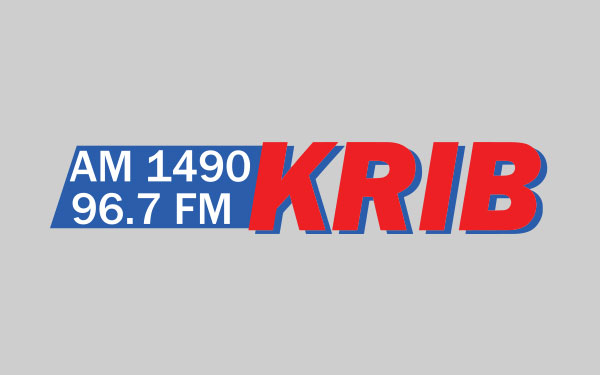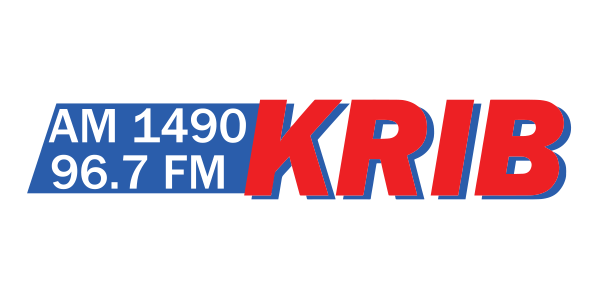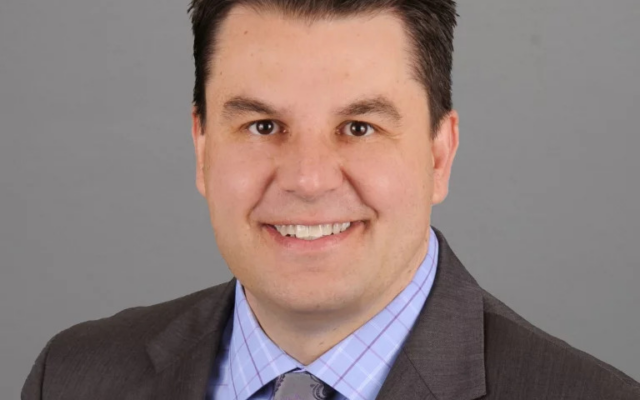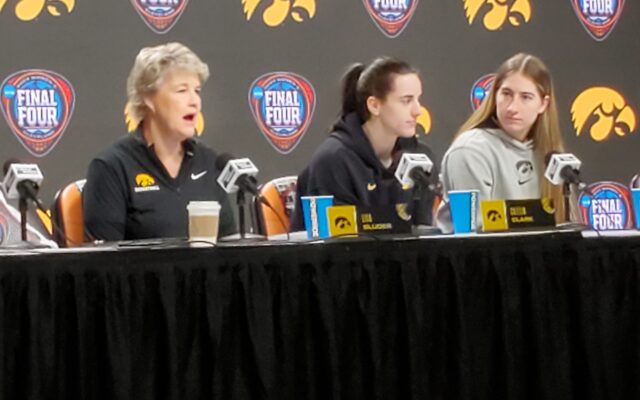State to try new pilot program for dealing with opioid abuse

The state of Iowa will use a U.S. Department of Justice grant to try a new approach to dealing with the impact of opioid addiction.
Iowa Office of Drug Control Policy (ODCP) director, Dale Woolery, says the $1.7 million will be used in three counties. “This pilot will allow for law enforcement and prosecutors to do an early diversion of those individuals directly to treatment — thereby bypassing directly the criminal justice system,” Woolery explains. “But there will be case management care coordinators the individual’s progression through treatment.”
Woolery says they hope to reduce opioid misuse and the number of overdose deaths. “It’s really about having another option to try to get help for those who need it if they can be better served in treatment than the criminal justice system,” he says. Woolery says Black Hawk, Story, and Jones counties were chosen for the pilot program that may also include other substances.
“In addition to opioid addiction, we have a fairly high amount of meth addiction, and other substance use disorders. So, it won’t be exclusive to opioids,” Woolery says.
But Woolery says opioid abuse often began with legal prescriptions and developed into a more serious problem. He says that has created the need to look at different ways to address the situation. “The opioid epidemic has opened our eyes and I think it has taught us some valuable lessons and better ways. We’ve been learning form the opioid epidemic — which is what we should do,” according to Woolery.
He says the three counties are a good fit for the pilot program. “It just happened to be the right time for them. This is not an approach that everybody will want to do. These communities were interested in doing it — so that’s why these three communities were chosen for this application,” Woolery says.
He says they provide a mixture that will give a good look at how the program might work in different settings. “We have rural, we have urban, we have college settings. We think that will be good because one key part of this project will be to evaluate how it’s working,” Woolery says. “Do we want to do more of this? Do we want to do less of this? Do we want to do it differently since it is really the first of its kind in the state of Iowa.”
He says the funding will also pay for additional prescription drug take-back receptacles, training, and data collection.



